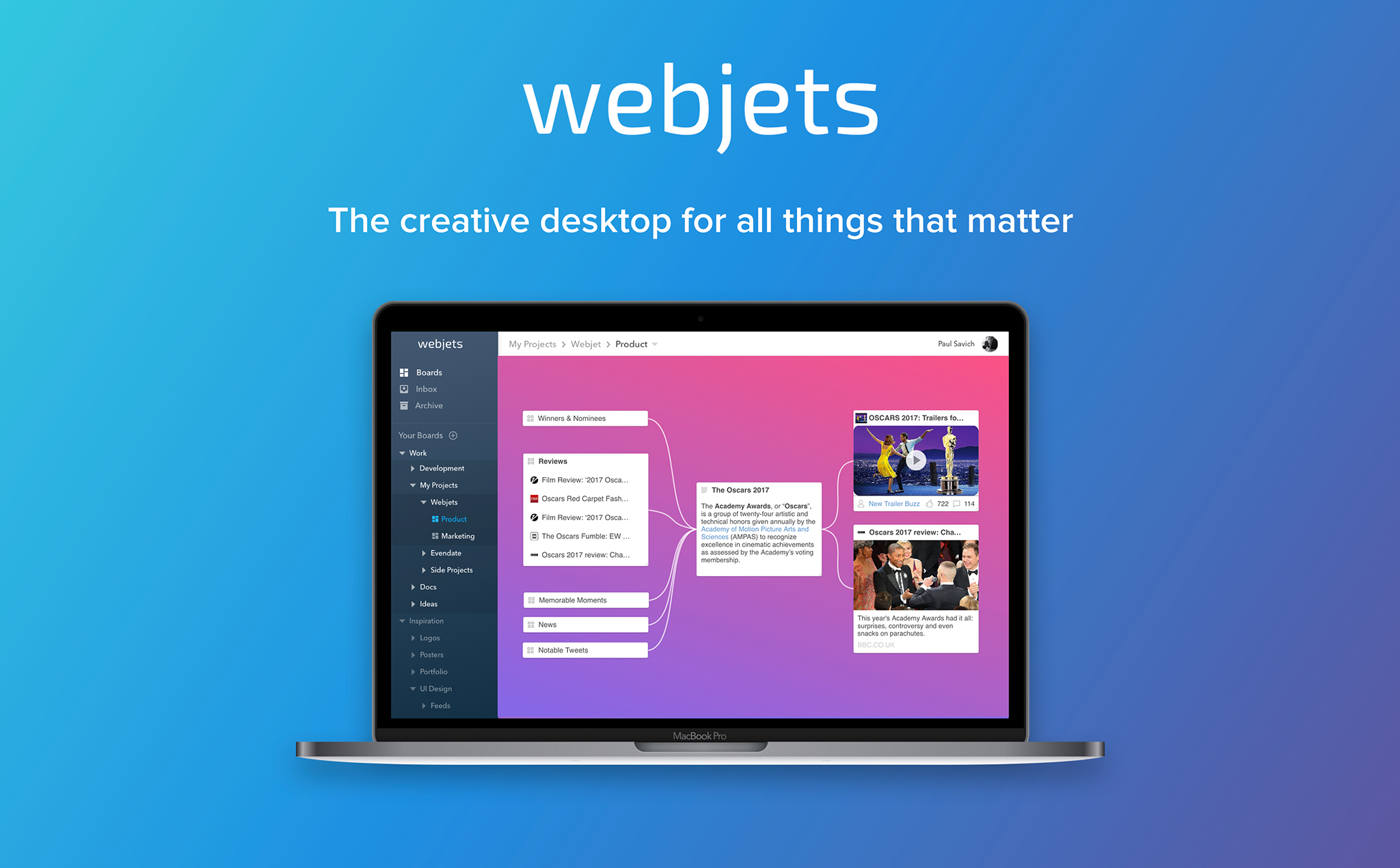Between juggling lectures, assignments, and exams, staying organized can feel like a full-time job for students. While pen-and-paper methods still have their charm, today’s technology offers tools that make note-taking more efficient and effective. From hardware to apps, these note-taking tools can transform how students learn and succeed academically.
Continue reading Mastering Note-Taking in the Digital AgeCategory Archives: organization
Don’t Miss this Back to School Bundle
It’s that time of year again–back to school is quickly approaching. Feeling overwhelmed? Wondering how you will ever schedule, organize and take care of all the tasks that loom ahead during the next school year?
Next Phase Parenting has got you covered with their Back to School Bundle. It’s a bundle of 19 products worth over $500 with a 90% discount: Just $57!
Continue reading Don’t Miss this Back to School BundleBack to School: College Prep Organization Tips
We all want to stay organized. We spend hours watching “how to” videos on organization tips from our closets, to our kitchens, to our drawers and more.
Believe it or not, research reveals that Americans spend an average total of 2.5 days a year looking for misplaced stuff. That’s nearly half a workweek we lose just searching for things. But time lost isn’t the only costly consequence of being forgetful.
The study also shows that 60% of people have either been late to work or school because of lost items, followed by 49% who have missed appointments or meetings, and even 22% who’ve missed flights, trains, or bus rides. Turns out misplacing things can be more than just expensive; it’s a major time drain too. Don’t let the lack of organization cost you and your student. Make organization a priority.
Continue reading Back to School: College Prep Organization TipsPlanning a Celebration for Your Teen
Celebrating your teen’s sixteenth birthday party is an exciting yet potentially daunting task. This milestone is a big deal, and planning a party that they will love and remember requires thoughtful consideration. After hosting a few successful sweet sixteen parties myself, I’ve come to understand that the devil is in the details. Let’s explore these five expert tips that will help you throw an unforgettable celebration.
Continue reading Planning a Celebration for Your TeenSummer To-Do List for New College Parents
Graduation is upon us and that means the future (college future) for many, lies ahead. While it’s tempting to take the summer off, and you want to spend as much time with your future college student as possible,
Get organized and set up a calendar
Preparing for a semester is a key part to ensure academic success!
College students find themselves juggling classes, homework, work, parties, clubs, organizations, dates, volunteering, and everything in between. With only 24 hours in the day, and only one mind to juggle it all, this can be a lot to manage.
Continue reading Summer To-Do List for New College ParentsIt’s Back to School Time—Resources for Parents and Students

My favorite lines from “You’ve Got Mail” are:
“Don’t you love New York in the fall? It makes me wanna buy school supplies. I would send you a bouquet of newly sharpened pencils if I knew your name and address.”
Newly sharpened pencils always remind me of back to school days. And when fall comes around, I think about that movie (mostly wishing I were in New York in the fall!); but it also reminds of the promise and expectation of a new school year.
Armed with the right online tools, parents and students can face the new year with anticipation and promise. Having the right tools can mean the difference between organization and frustration. These tools would help students succeed as they enter college. Here are some excellent links that I shared with my newsletter subscribers today that I thought you might find helpful:
Continue reading It’s Back to School Time—Resources for Parents and StudentsOrganization During College Prep

Believe it or not, research reveals that Americans spend an average total of 2.5 days a year looking for misplaced stuff. That’s nearly half a workweek we lose just searching for things. But time lost isn’t the only costly consequence of being forgetful. The study also shows that 60% of people have either been late to work or school because of lost items, followed by 49% who have missed appointments or meetings, and even 22% who’ve missed flights, trains, or bus rides. Turns out misplacing things can be more than just expensive; it’s a major time drain too. Don’t let disorganization cost you and your student. Make organization a priority.
Organization is half the battle when it comes to helping your teen prepare for college. If you stay organized, you won’t be fumbling around senior year in a panic. And as with any organizational system, it’s important to have the right tools. These tools will make the organization simple because you will have a place for everything, and everything should stay in its place. You’ll not only save time, but you won’t miss deadlines and be stressing to find that all-important application information.
Take the following steps to help you and your teen stay organized during the college prep process:
Continue reading Organization During College Prep5 Tips for Soon-To-Be College Students

As a college student, it’s an environment where you’re constantly learning, and when it comes to getting the most out of it, there are ways that you can help give yourself that extra boost. Here are some tips for soon-to-be college students to improve their skills.
Always Be Practicing
Practicing something is a sure-fire way to achieve the success of something quicker than you would normally do it if you weren’t. Getting yourself into the mindset of practicing can be tough, but if you have the drive to do so, it can get easier. Think about what skills you need to work on and how you can implement that practicing in some way, shape or form. For example, you could be building on your experience as a writer and so creating a blog might give you that opportunity you need in order to write something new every day. It could simply be using a word generator to help you find better ways of describing or saying something. Opening up your vocabulary is important, and there can be so much use in practicing.
Time Management
Being able to handle your time appropriately is important because you need to be able to attend any lectures you might have throughout the week, make time to study and to see your friends around campus. So time management is something that’s definitely important, yet it’s not something you can always achieve easily, to begin with. It might take a little trial and error to get right but trust yourself to make the right decisions when it comes to getting up and doing something. If you struggle with time management, work out what’s making you late to lectures or to other commitments and then work on the ways that you can help change this for the better.
Learn How To Deal With Stress
Dealing with stress is something that many of us will have issues with throughout our life. It can be an emotion that we all feel to some degree, and some of us can handle it better than others. Try not to panic or make anything seem like too big of a deal. As much as getting qualifications and degrees are important, they are not worth harming your body or your mental health. If you’re struggling, always ask for help.
Consider Money And Budgeting
Money is a big thing for students because you can easily spend it on rubbish that doesn’t benefit you in any way. There are lots of ways to help budget your money better if you’re having a hard time of it at the moment. Look at the ways you’re spending your money currently and how you might be able to cut down or make better choices when it comes to using your money around the college. Perhaps try to limit yourself to a certain amount each day.
Learn organization
With so many tests, deadlines, and social activities it’s crucial to learn some organizational skills. Use data keeping tools, calendar apps, and good old-fashioned note-taking to stay organized in your classes and in life.
Improving your skills as a college student is always going to help make this experience a lot better and fulfilling if you follow these tips.
An Application to Help Students Stay Organized
Today’s guest post is a from a company called Webjets who offers an organization and productivity tool that can be used by soon-to-be college students and college students. The author, Vladislav Khaustovich, is a student at Penn State College & University
______________________________________________________________________
I decided to write this article to support an outstanding platform that helps people to organize everyday tasks and data and which helps me personally as a college student to work with a big amount of information. The name of the platform is Webjets.
I first learned about Webjets from my former supervisor at Starta Accelerator where I did an internship and where Webjets was accepted as one of the most promising startup companies from Europe.

Here are the features that make Webjets unique:
Ability to see all the tasks at once
The first thing that caught my attention in this application was its simplicity and the ability to retrieve information quickly. I have always been looking for this kind of platform where I could create tasks and find them right away after opening the platform. It’s something difficult to do when it comes to all kinds of calendars and task managers. You have to scroll them up and down, search for a required piece of information among tons of others, and click many different buttons. Annoying stuff… While all these applications pretend to be simple, Webjets is just built to be simple.

I started using Webjets as a tool to write down my everyday tasks and what I liked about thisplatform is that when I log in, I instantaneously see all my tasks in one place. I can embrace them all in once without the need to scroll, click, and swipe anything else. It’s similar to using a physical whiteboard. Still, the whiteboard is limited by its dimensions while Webjets is not.
Organizing collected information in a convenient way
Usually, it takes a good amount of time to collect and organize the information for any college project. Webjets makes both processes simpler. For example, let’s assume you’re working on a project which goal is to explain major movements in modern art and you decide to use Microsoft Word for this purpose. You start writing down the information and at some point, you realize that you have too many links and way too much information in your Word document (and it happens all the times). You start reorganizing the information by copying, deleting, pasting and erasing stuff. You go to links that you pasted into your document and try to paraphrase the information and then to paste the new, reorganized pieces of information in your document. It consumes a lot of time. You get tired quickly. In Webjets, everything is much simpler. You can drag pieces of information all around the board. You can view a short summary of the links that you decide to include in your project. You can also show and hide automatic images associated with these links to make the navigation simpler.

Make to-do lists and save important information really fast
For many students, college life is like: “Wow, this stuff is so interesting, I’d love to go deeper, but there is still so much work to do.” Webjets is a good solution when it comes to creating to-do lists. For example, you can create a number of different boards and assign each of them to the courses you take. When you encounter any important or interesting information in the course that you would like to review later, you can quickly create a note or drop a link in Webjets to make sure everything is under your informational control.

There are tons of other ways how Webjets may be used, but what I’ve mentioned above are just those features that I found helpful for myself.
In the end, I want to thank Webjets team for its understanding and responsiveness. Besides numerous questions that I kept asking the people from Webjets, I was also surprised by how quickly they fixed the issue that seemed annoying to me. I just sent them a message on Facebook and they fixed it in the next few days.
I encourage everyone who is still using calendars, task managers, and all kinds of note-taking apps to go to Webjets and see how this amazing app can make your life easier!
Getting In to Your First Choice College
 While many students are busy packing their bags and getting ready to leave for their first year at college, still others are working on their applications for the next round of admissions. Of course, if your child fits the latter category, it’s likely that they already have a college in mind that they wish to attend. Happily, by reading the post below you can find out about the tactics that will help them get into their first choice. Keep reading to discover more.
While many students are busy packing their bags and getting ready to leave for their first year at college, still others are working on their applications for the next round of admissions. Of course, if your child fits the latter category, it’s likely that they already have a college in mind that they wish to attend. Happily, by reading the post below you can find out about the tactics that will help them get into their first choice. Keep reading to discover more.
Address any study or subject issues
Number one of the list tactics is dealing with grades, as this is the base level that a college application will address. Happily, this is something that you can definitely help your child with, without micromanaging them as well. Firstly, it’s vital that you take a keen interest in their progress with their studies, without being overbearing and demanding.
Then, if they or their teachers flag up an issue on a particular topic, it will be much easier to address this constructively. It may be that your child is struggling with a specific subject, or that something is going on in their life that creating a distraction for them. However, as long as you are able to have an honest two-way conversation, you will ultimately be able to get them the support or help they need to ensure that their grades remain on target to get into the college of their choice.
Help your child to present a rounded application
Please do remember though that while grades are essential for college, they are not the only thing that the application board with be looking at. In fact, lately, there has been a definite move towards reviewing the whole person and looking at their extracurricular activities as well as their academic ones.
What this means is that you can quickly help your child by encouraging them to engage in activities outside of the home. These may include sports such as basketball, football, and athletics, as well as getting them involved in community projects like food banks, reading programs, and soup kitchens. Even having a part-time job, or getting some work experience in a firm that is related to their studies can go a long way to helping them stand out amounts all the other candidates. Something that can help them secure that much-needed place in their first choice school.
Seek additional help
It’s also wise to remember as a parent that there is plenty of help out there both for you and your child when it comes to making a successful college application. First off there is lots of advice online that can take you through the process step by step, and also help you hone your child’s particular application documents.
Although, if your child is aiming at one of the top schools in the country it can be helpful to approach specialists like Ivy Select admission consulting for some additional help. After all, as they have been through the process of being accepted to an ivy league college, they are the best people to know all the little tips and tweaks to make to your child’s application for the best chance of them getting into their first choice.
Explore financial aid and scholarship options
Lastly, it is important to remember that it may be finance and scholarship issues that are standing in the way of your child getting into their first choice college. In fact, as university fees have risen so sharply in recent times, it is widespread for students to pick the more economically viable options, rather than where they genuinely want to go.
Luckily you can assist your child in dealing with this, by going through the costs of their course with them, and showing them what sort of budget they will be working on. You can even help them by demonstrating how this will affect their income when they are qualified and have to pay any loans back.
It’s obviously also important to openly discuss how much, if any financial help you will be providing to them, and not leave them guessing. After all, this may have a significant impact on whether they end up applying for the genuine first choice or not.
Lastly, it’s crucial that you also go over the options for scholarships with your child as well, and make sure that they understand these entirely before they make their applications. After all, the can be complicated and confusing and they may even need to start working on things like their grades or other requirements before it gets to application time. Something that you can support them with and that can ultimately help them get into their first choice college.





